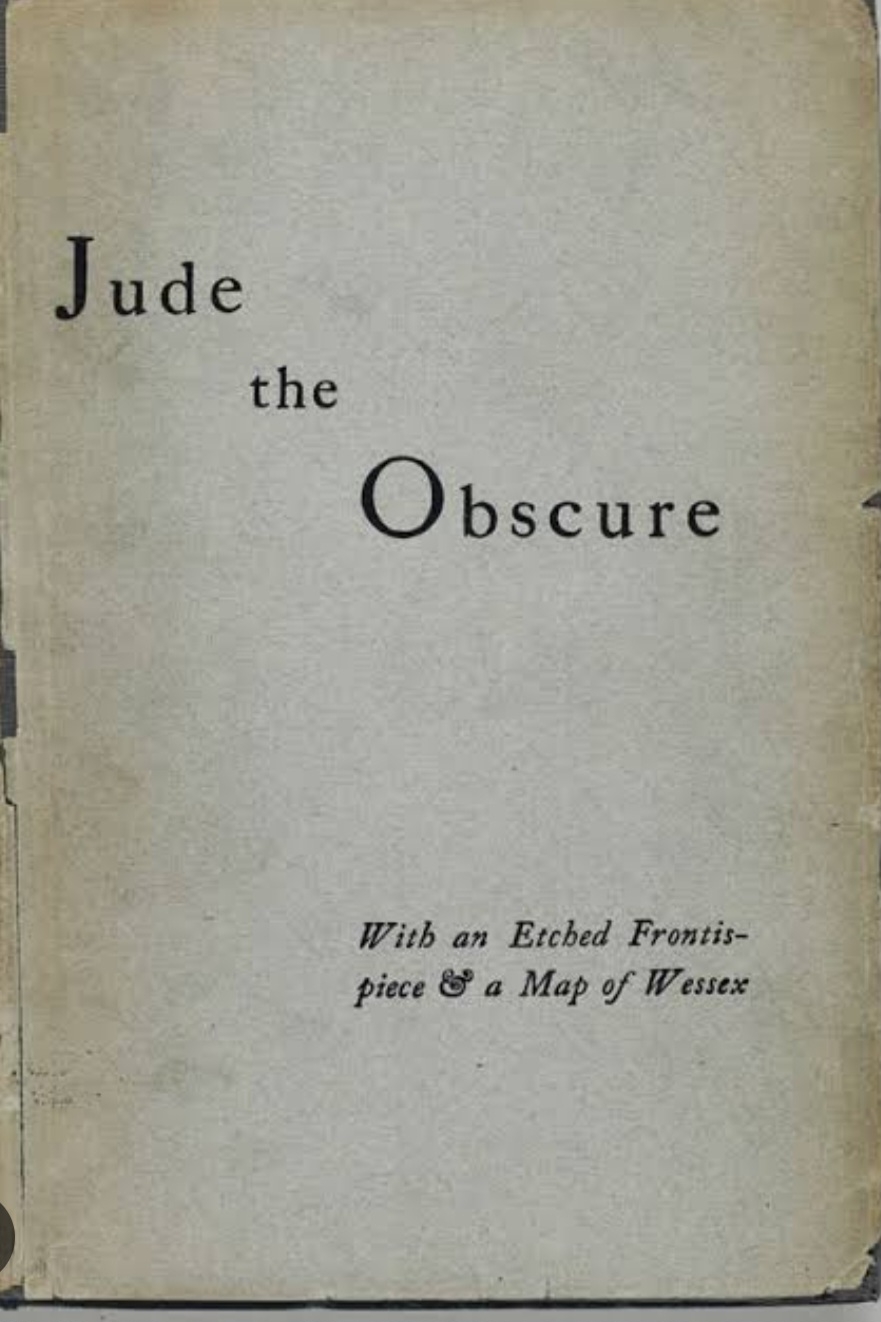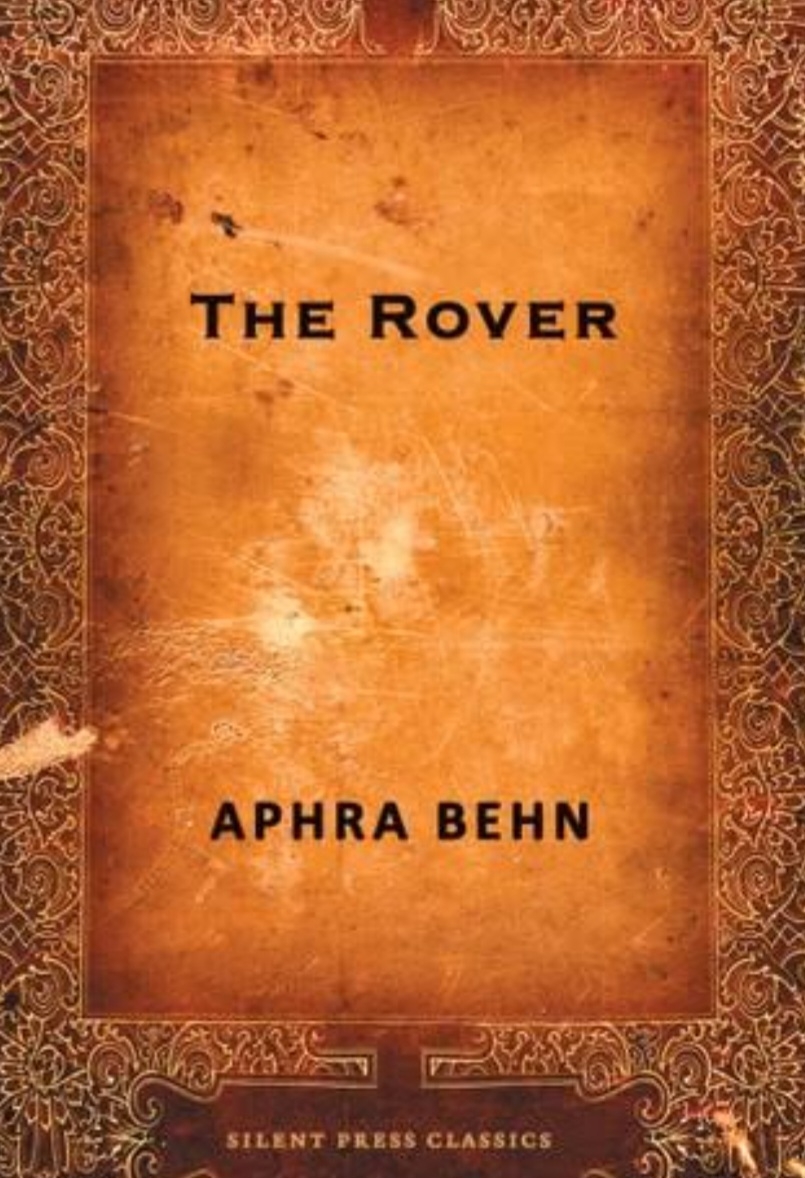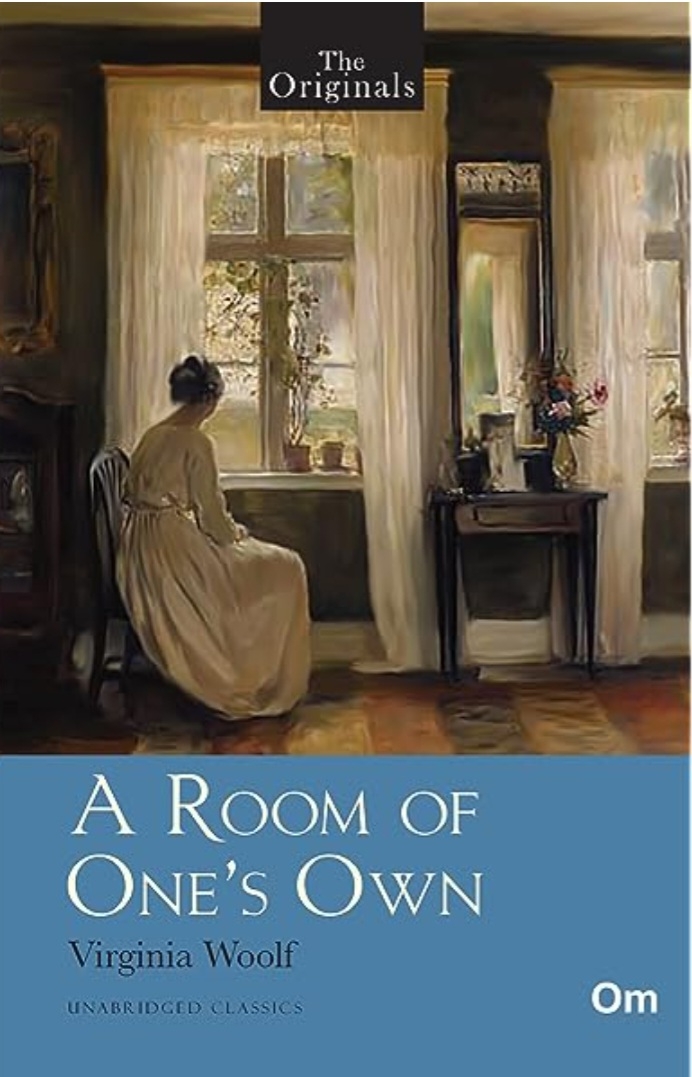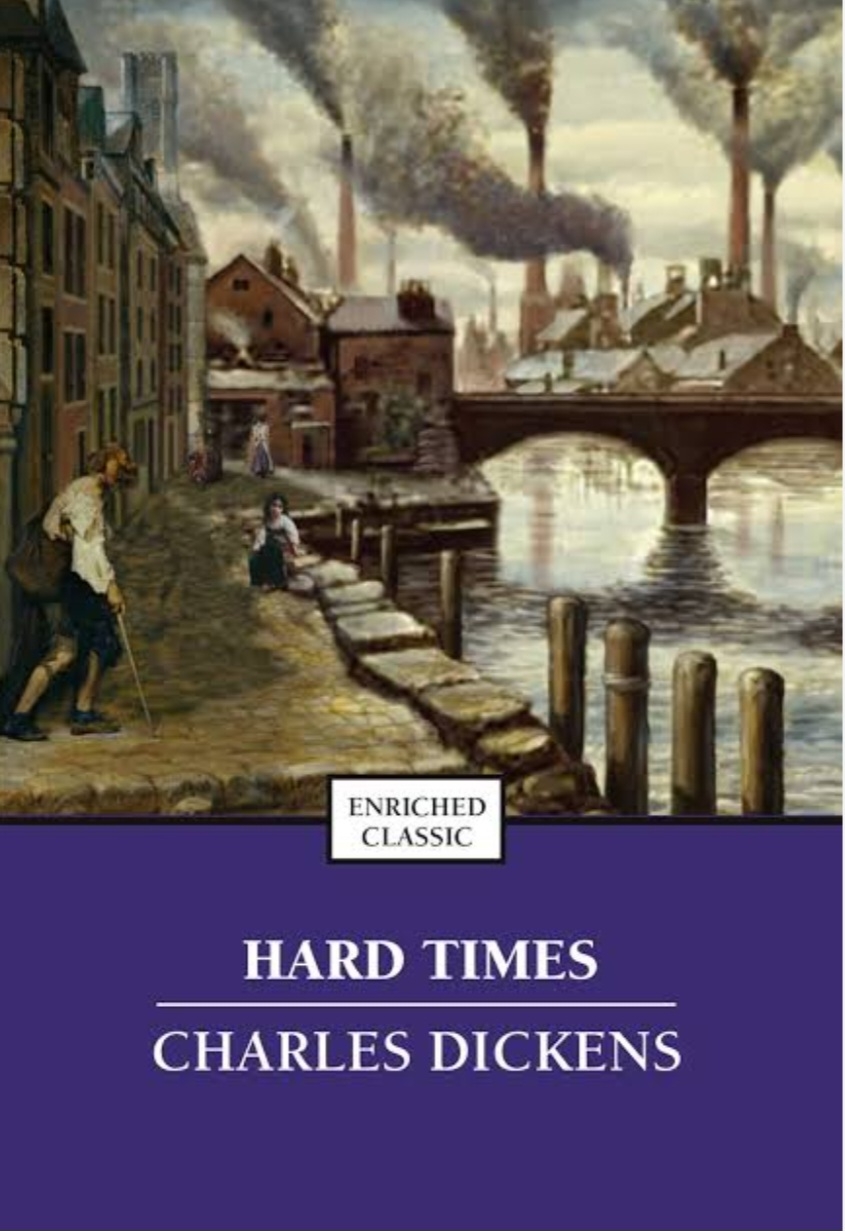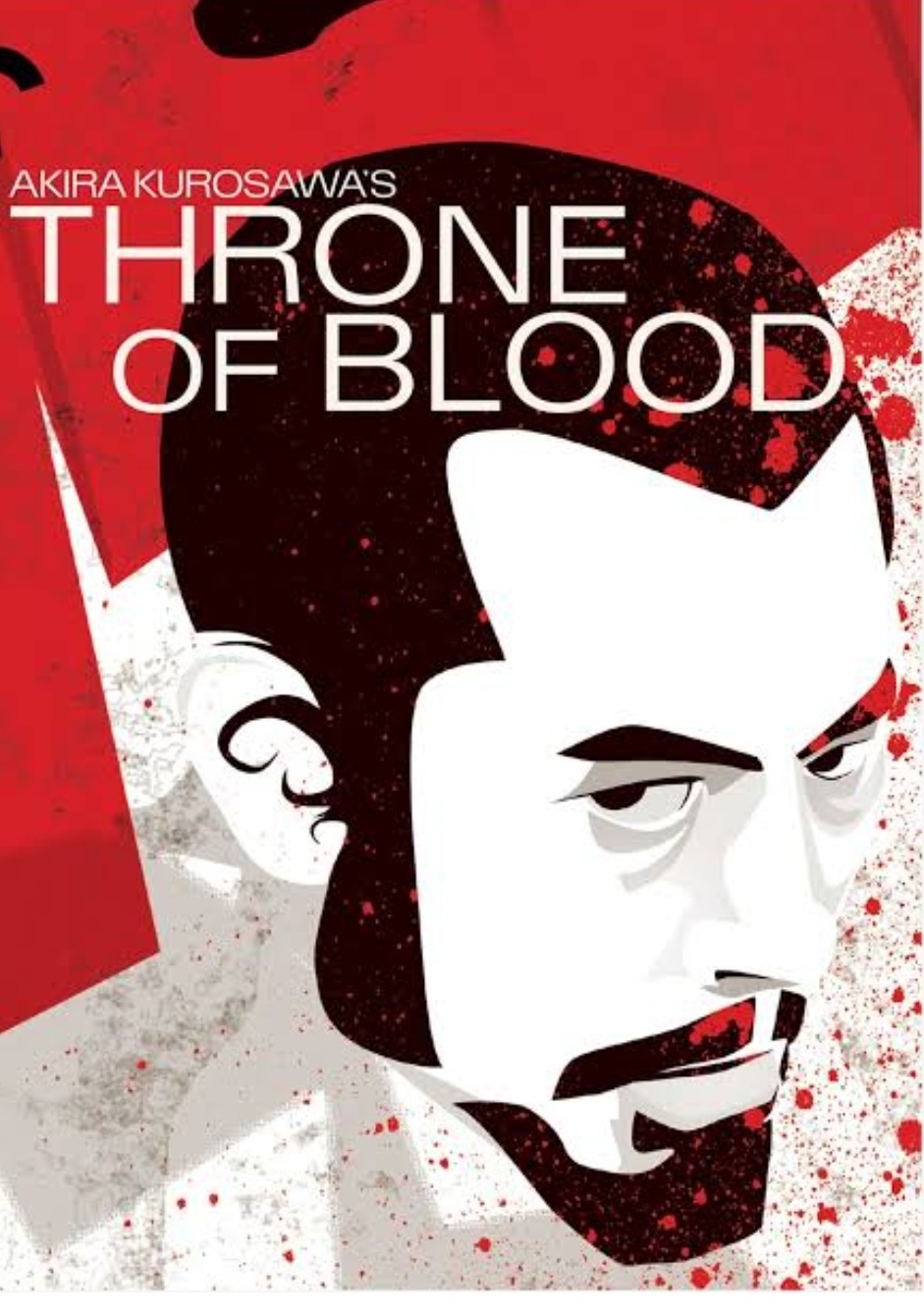Hello readers!!
I am Divya jadav a student of English Department at MKBU. This blog is part of thinking activity in which i will discuss about the ' JUDE THE OBSCURE ' .
👉1) WHAT IS THE SIGNIFICANCE OFEPIGRAPH WRITTEN BY HARDY - 'LETTER KILLETH' - FOR THIS NOVEL, JUDE THE OBSCURE.
ANSWER:
The epigraph "Letter killeth, but the spirit giveth life" from 2 Corinthians 3:6 in the Bible is a significant and symbolic choice by Thomas Hardy for his novel "Jude the Obscure." This epigraph foreshadows some of the major themes and conflicts in the novel.
Hardy uses the epigraph to critique the strict moral codes of Victorian society. The characters in the novel are often judged and condemned based on these rigid moral standards, and their lives are profoundly affected as a result.
The epigraph also foreshadows the tragic events that unfold in the novel.
For details reading you can visit In Jude the Obscure - JSTOR, www.jstor.org/stable/45300346. Accessed 21 Oct. 2023.
👉2) Is it possible to connect the meaning of the epigraph of 'Esdras' at the beginning of the first chapter of the novel and the myth of Bhasmasur?
Esdras' Epigraph:
In the context of these biblical books, significant passages and verses within the text itself serve a similar purpose to literary epigraphs. These passages are chosen to emphasize the spiritual, historical, and moral themes of the text. They often provide context or set the tone for the narrative.
Bhasmasur Myth:
This myth illustrates themes of devotion, arrogance, and the clever intervention of deities to protect themselves and maintain cosmic balance. It is often retold in Hindu folklore and has moral lessons about the consequences of misusing power and the need for divine intervention to counteract evil forces.
While these parallels can be drawn, it's important to remember that the specific meanings and interpretations of these texts vary significantly due to their cultural and religious contexts.
1)Redemption and Transformation:
The biblical book of Ezra (Esdras) is about the return of the Jewish people from Babylonian exile to rebuild Jerusalem and the Temple. It can be seen as a story of redemption and transformation.
2)Divine Intervention:
In both stories, there is an element of divine intervention. In Ezra, it's the divine guidance and support for the Jewish people's return and rebuilding.
3)Power and Consequences:
The myth of Bhasmasura highlights the consequences of power when misused. Bhasmasura's destructive power leads to his own downfall.
(This comparison is given by Chat GPT )
👉3)JUDE THE OBSCURE": HARDY'S SYMBOLIC INDICTMENT OF CHRISTIANITY
ANSWER:
Norman Holland, Jr.
Jude the Obscure" by Thomas Hardy has indeed been a subject of literary analysis and critique, with some scholars and critics, including Norman Holland, Jr., examining it as a symbolic indictment of Christianity. Norman Holland, Jr. is a prominent literary critic known for his work in psychoanalytic and psychological approaches to literature. His interpretation of the novel might focus on psychological and symbolic elements that highlight the critical stance on Christianity within the text.
Holland and other critics might explore how Hardy's portrayal of characters, their dilemmas, and their interactions with the societal and religious norms of the time reflect a deeper commentary on the impact of Christianity. They might analyze the characters' struggles with sexual desire, morality, societal restrictions, and religious hypocrisy as a lens through which to critique Victorian-era Christianity.It's important to remember that literary criticism often involves multiple perspectives and interpretations.
The interpretation of "Jude the Obscure" as a symbolic indictment of Christianity is just one possible viewpoint, and different scholars and critics may offer varying analyses of the novel based on their own expertise and areas of interest.
👉4. STRUCTURE OF THE NOVEL 'JUDE THE OBSCURE'
ANSWER:
Thomas Hardy's novel "Jude the Obscure" is known for its complex and innovative narrative structure.
This first part introduces the young protagonist, Jude Fawley, and provides background on his family and upbringing.In this section, Jude leaves his rural home to pursue his dream of studying at the prestigious university town of Christminster.
The second part explores his struggles, disappointments, and his complex relationships with Arabella and Sue.
Part Third jude has moved to the city of Melchester, and this section delves into his marriage to Arabella, his continued attempts to gain an education, and his growing infatuation with Sue.
Part Fourth jude and Sue's relationship deepens, but they face societal pressure and moral dilemmas.
Part Fifth this part takes a more fragmented structure, with multiple narrative threads.Jude and Sue's relationship becomes increasingly complex and troubled, and they face personal and societal crises.
Part Sixth the novel returns to the academic town of Christminster, where the characters' lives take dramatic and tragic turns.
Thankyou....💐
